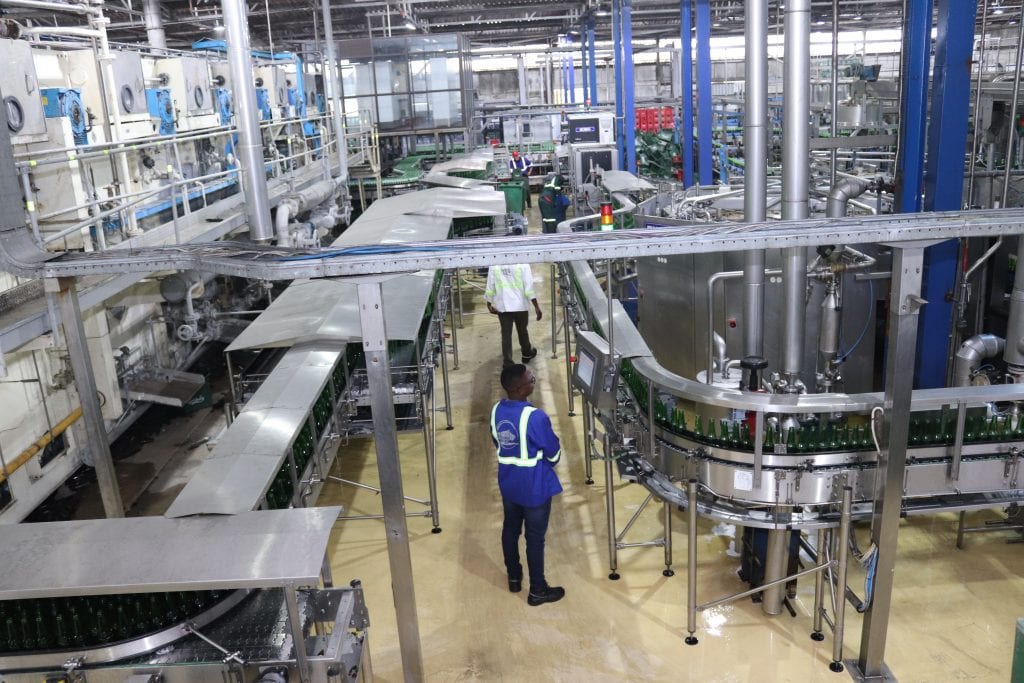Firm rues business operating environment
Castel Malawi Limited, producers of alcoholic and non-alcoholic beverages, says it continues to face a challenging business operating environment characterised by punitive taxes and high production costs, threatening its sustainability.
In its published statement on Wednesday, the firm indicated that it continues to record losses as the external threats in the current operating environment continue to hurt the company.

The firm said it has been making losses for the past three consecutive years. In 2018, it reported a K1.16 billion loss before it peaked at K6.24 billion in 2019 and K9.74 billion last year.
The financial statement shows that the firm’s total contribution to taxes rose between 2019 and 2020 from K19.61 billion to K20.51 billion.
In response to questions, Castel Malawi chief financial officer David Nicolas said the burden on taxes remains critical, calling on government to review the matter.
“The excise tax difference between Malawi and neighbouring countries remains an issue of concern as at 60 percent on beer, the tax is higher than neigbouring Zambia at 40 percent and 25 percent in Tanzania and Mozambique, making local manufacturers non-competitive,” he said.
Nicolas said neighbouring countries are promoting brewers with incentives, citing projects in Tanzania and Zambia from Anheuser-Busch InBev, the world’s largest brewer and Heinekein in Mozambique where huge investments are being implemented.
He said the depreciation of the kwacha and forex shortage are also putting at risk the company’s supplies and production.
“The cost of sugar charged is twice the price compared to the price applied for export. Malawian sugar grown in Malawi is two times more expensive for Malawians than for Tanzanians,” Nicolas said.
In an earlier interview, tax expert Emmanuel Kaluluma said now that excise tax calculation is based on production cost and mark-up, how much one loses out depends on their profit margins.
He said government ought to have done a proper analysis before effecting the new tax as “government too can lose out on tax revenues from the employees in the case of retrenchments”.
Castel Malawi has since asked government to help it become competitive and protect employees while benefitting the consumers and the Malawi economy at large.
In an interview on Wednesday, Minister of Industry Roy Kachale said the they are aware of the concerns by the Castel Malawi and other manufacturers.
He said: “We have been in touch with the company previously and are aware of their grievances. We shared their concerns with the Ministry of Finance as proposals which we wish to be addressed to ensure that this industry survives. We are hopeful they will be duly assisted.”
Castel Malawi, which bought from Carlsberg Malawi Limited, is rated as one of the top 10 taxpayers in the country and employees more than 1 000 people.





